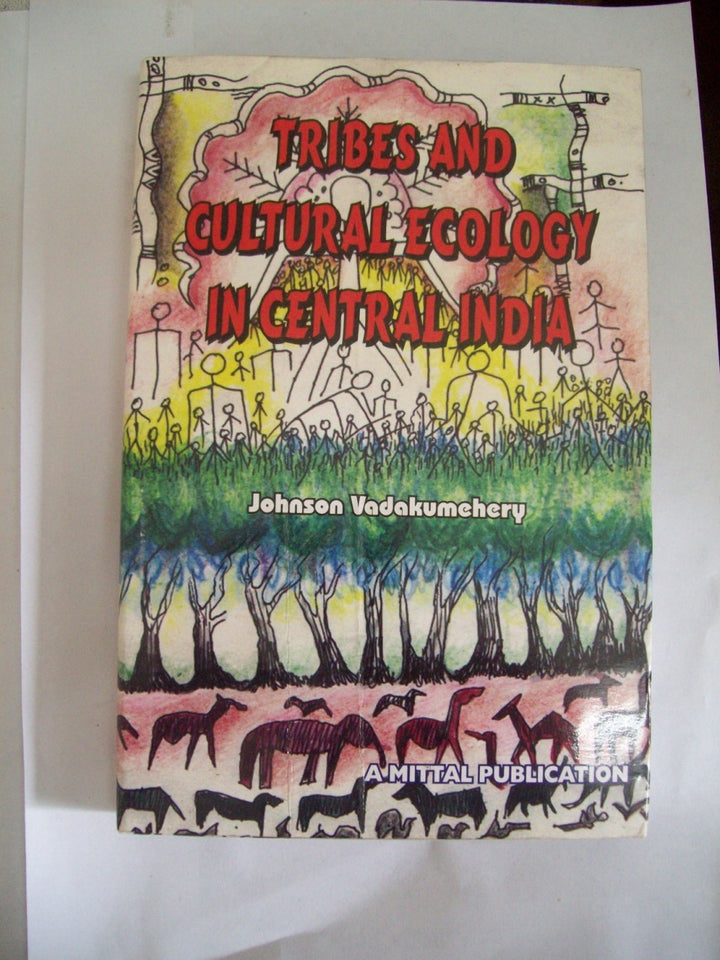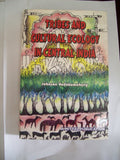Tribes And Cultural Ecology In Central India
Regular price
Rs. 350.00
Ecological Anthropology is comparatively a new branch of Anthropology. It deals with the complex and reciprocal relations that exist between people and their environment, leading to theoretical and practical applications of adaptive mechanisms. Humans perceive and act on their environments on the basis of culturally conditioned world-views, beliefs and practices. In recent years the ecological approach is gaining more currency in Anthropology.The present book is a pioneering study. After Grigson?s work on the Maria Gonds of Bastar, this is the first comprehensive study on the Maria Gonds residing on the other side of Bastar, namely, Gadchiroli district of Maharashtra. Secondly the author has developed an innovative research approach that takes advantage of a fortuitous natural experiment resulting from a single tribe having split into two groups living in two distinctive habitats. It is a genuine contribution to cultural ecology as it goes beyond the Stewardian assumptions on cultural ecology. Thirdly the investigator has stayed with the people for a longer period and at different seasons in an inaccessible and remote area cut off from the mainland for several months and the accounts give an inside-view of the Maria Gond society. Among the humans, primal people are the first to develop a sustainable way of life as a root paradigm of their existence. Their wisdom and sagacity can help the humans to face the challenges of the present day ecological crises. For that people should be aware not only of their physical environment but also of the cultural and informational environments. Then only the effects of globalization can be moderated when they work against sustainability. The present study brings to light the adaptive strategies and the environmental ethics followed by the primal communities.
Guaranteed Safe Checkout





